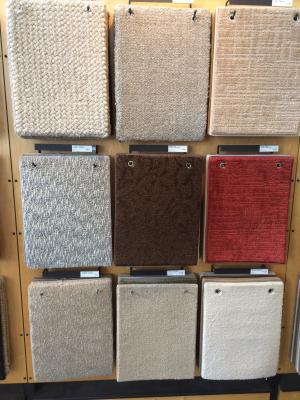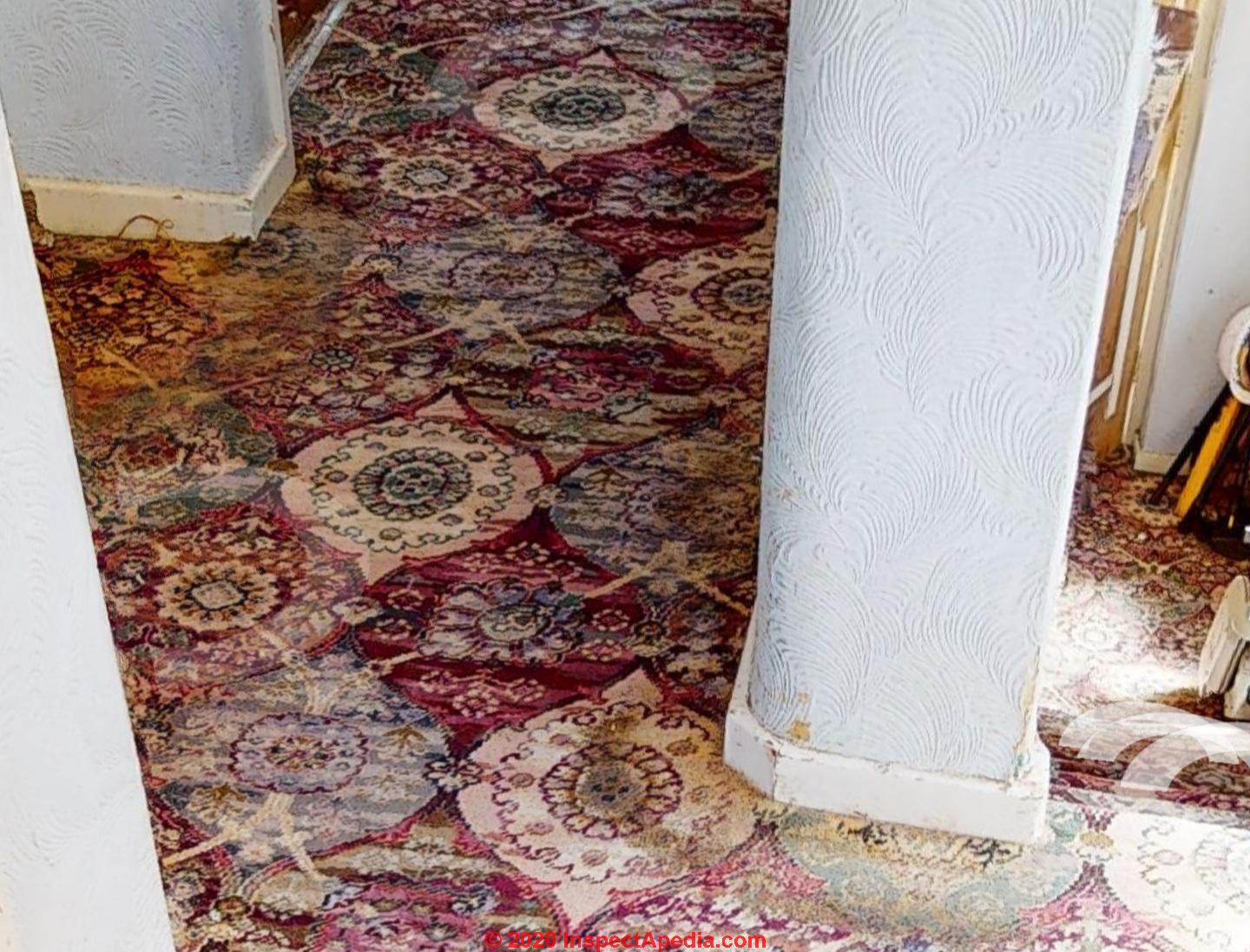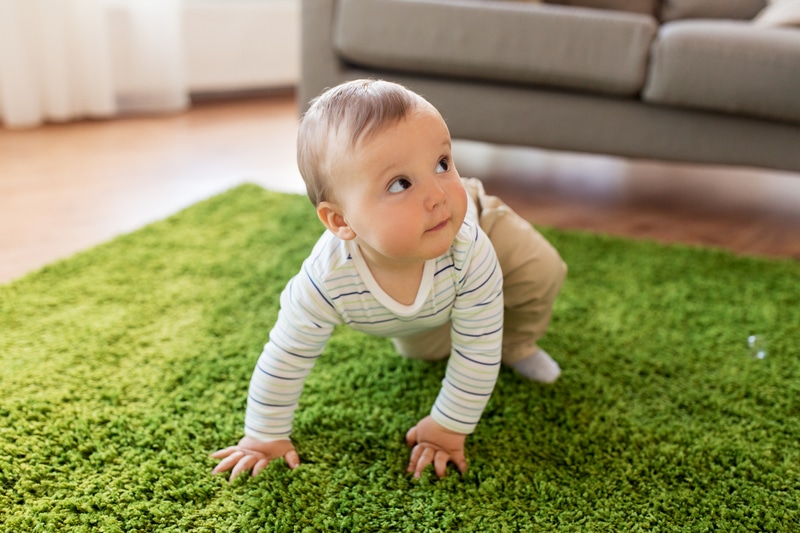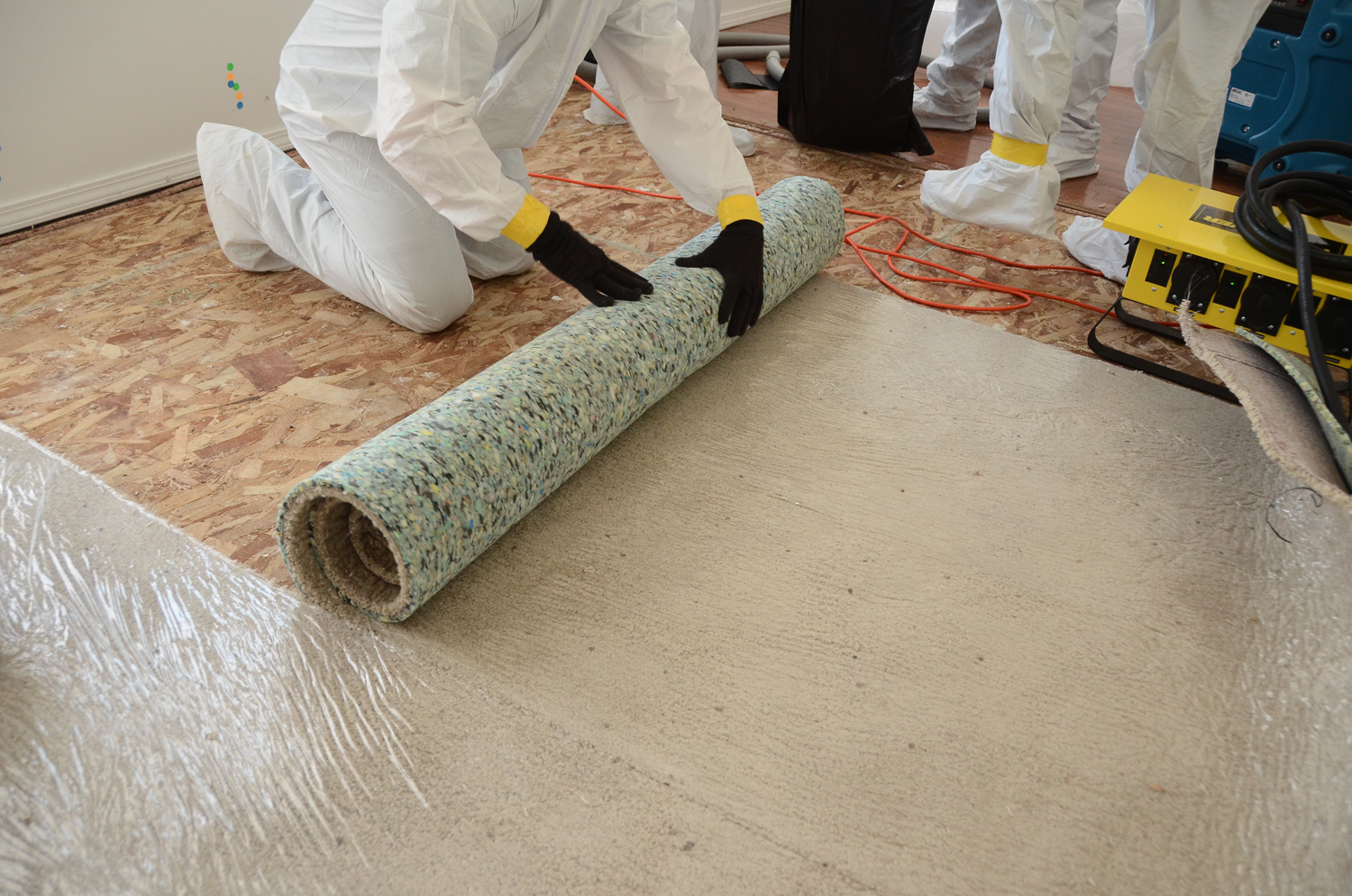Green label plus a voluntary industry testing program for carpet and adhesive products establishes the highest standard for indoor air quality iaq ever set by the carpet industry.
Identifying carpet adhesives.
Between 1960 and 1980 mastic adhesives were most commonly used with a specific type of vinyl flooring tile.
For general carpet adhesive hot water and steam is the best option.
While adhesive spots can be tough to eliminate there are a variety of cleansing items that can be effective for eliminating glue.
This is the same stuff we just took out.
In some cases these glues were used to seal the edges of carpets and other flooring such as laminates or tiles.
The adhering to overview offers efficient ideas for getting rid of glue spots from a carpet.
If the glue is too old and tough use floor scrapers and products like goo gone and.
As with underlay it doesn t pose an immediate danger as it s difficult for the fibres to escape.
It s important to identify what type of glue has tarnished a carpet.
The new carpet tiles are being installed without adhesives and are a rubber backed commercial carpet tile.
Up until the 1980s asbestos was occasionally used in adhesives.
Use a measuring tape to measure the length and width of one of your flooring tiles.
Since the carpet was removed the traffic in the building has created little balls on the surface of the old adhesive.
You can move away tar based glue marks by using adhesive removal with mineral spirit.
There are so many ways to remove the marks of carpet glue left after lifting carpet from the floor.
The carpet and rug institute cri created green label plus to identify carpets and adhesives that are tested by an independent certified laboratory and meet stringent criteria for low chemical emissions.









